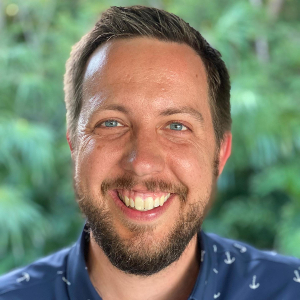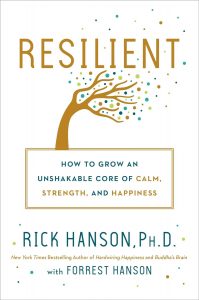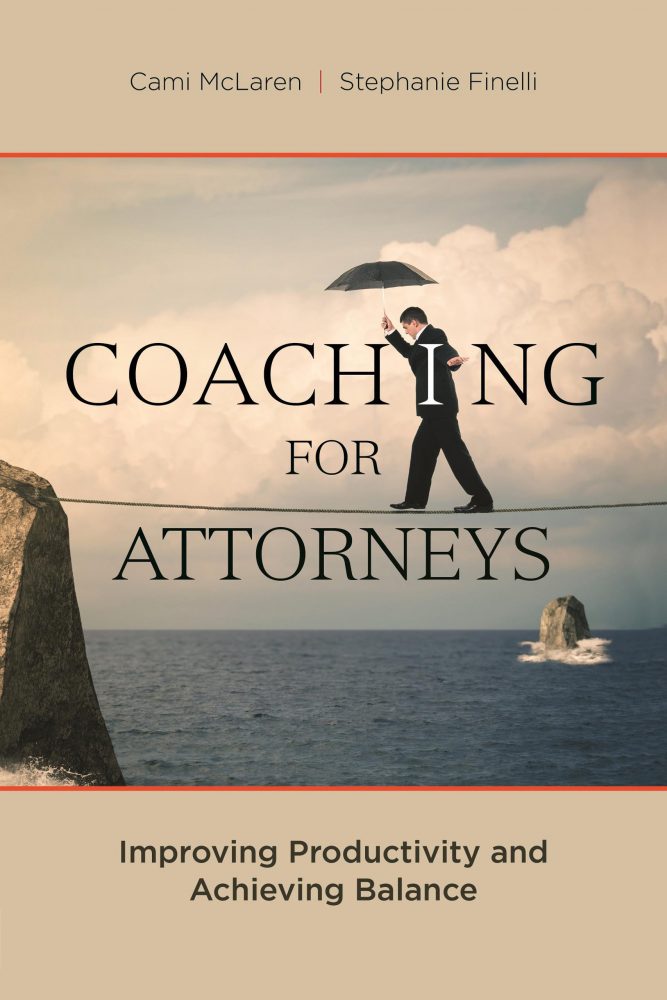“Time management” is a common term that has been used for a long time. I use this term a lot because it means something to people. But in the end, I feel it is a misnomer. There are 24 hours in a day. And while you can manage a lot of things, I don’t know that time is one of them.
In researching time management and in teaching workshops and doing extensive coaching on the topic, I have come to the conclusion that the way to move through your day with ease and productivity is to manage your energy.
Physicists understand energy as the capacity to do work. Like time, energy is finite; but unlike time, it is renewable. This makes it a resource that is manageable.
When you start to look at the ways we “manage time” that cause us problems, they tend to be things that drain, sap, and constitute poor management of, our energy. For example:
• Working late into the night and not getting enough sleep is a way we “manage time” that saps energy
• Trying to do more than one thing at a time is a way we “manage time” but which makes us feel overwhelmed and dragged down
• Having a long list of things “to do” and not completing any of them is a way we attempt to “manage time” but which makes us feel overwhelmed and want to avoid the list
• Being overwhelmed is a result of how we “manage time” and generates a level of energy that makes most people want to go back to bed
These are common things that we do when we are stressed and feeling there is too much to do. Some of these behaviors (for ex., working late into the night and not getting enough sleep) are strategies we employ to catch up. But others (for ex., having a long list of things “to do” and not completing them) are less strategies and more side effects of ineffective time management. Whether a strategy or side effect, these things tend to sap our energy. The less energy you have, the less you want to work and the less effective you are when you do work. We all know this on some level, but we try to “push through” and do the work anyway even if we are too tired to focus fully.
This brings us to the concept of energy management as a better approach to work. When you manage your energy in such a way that you feel good about work – getting enough rest and physical rejuvenation, and also managing your tasks so that you don’t have too many “open loops” pulling you in different directions – you are more effective and you get more done.
By managing energy more skillfully, it’s possible to get more done, in less time, more sustainably.
If you like this blog share it with someone else! And you can subscribe here to have my blog posts delivered directly to your inbox about twice a week: http://www.mclarencoaching.com/blog







